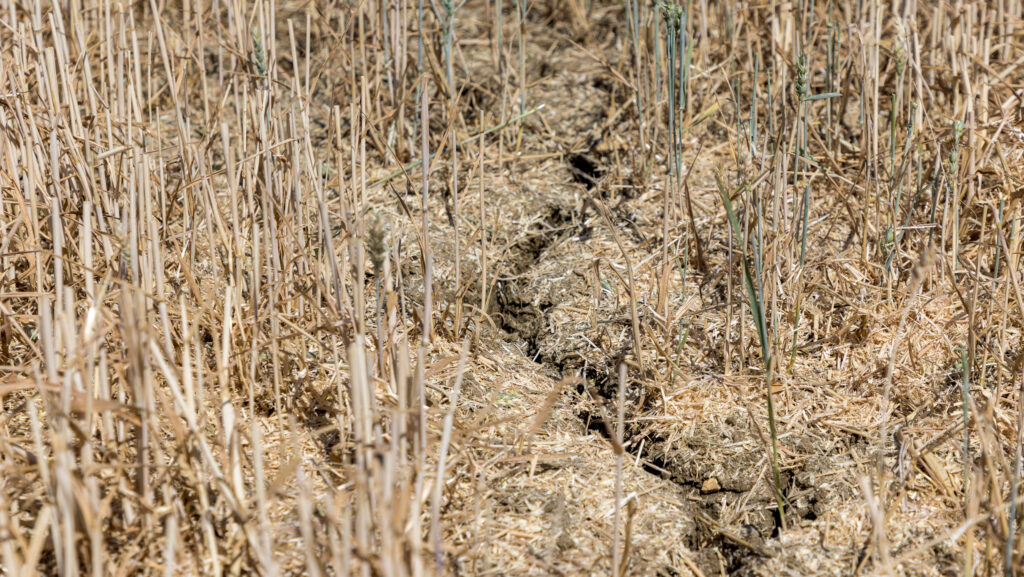Editor’s View: Precious water is bedrock of food security
 © GNP
© GNP Freedom Week. That was how the editor of Farmers Weekly described the end of rationing in 1954 – 71 years ago this week – as farmers celebrated the government no longer being the compulsory buyer of their output after 15 long years during and after World War Two.
Theirs was still a heavily regulated world, where a “deficiency payment” would make up the difference between the market rate and an agreed-upon minimum, although trade initially boomed as butchers stocked up – even if our columnist of the day did fret about housewives losing interest in the Sunday roast.
A lifetime ago, and yet that era is so etched in our consciousness that it still colours today’s discussions on food security – with images of U-boats in the Channel, rightly or wrongly, springing to mind when we worry about domestic food production.
See also: Complete water abstraction ban hits grower with no warning
When I asked Defra secretary Steve Reed last week for his assessment of where the weakest link in the food supply chain was now, he didn’t have a clear answer.
In fairness to him, it’s a very broad question, and the weakest link does depend on which crisis bubbles up.
In a world almost totally reliant on the internet, the well-publicised woes of agricultural merchants and retailers suffering attacks on their digital systems would make the case for putting cybersecurity top, or very high up the list.
Imagine trying to explain that to a smartly attired attendee of the 1954 Royal Show (younger readers ask your parents), which was also held on this week of that year at the Royal Farms at Windsor.
Other things that we are still grappling with would have been much more familiar to them, including access to sufficient water.
They would be very alarmed to learn that it has been 30 years since we built a reservoir of any significance in this country – an issue made prominent again by this year’s weather.
It is to Mr Reed’s credit that he has accelerated the approvals necessary for two new ones – in East Anglia and Lincolnshire – to future-proof supplies for up to 750,000 homes.
Yet much more investment, and support from the planning system, will be required.
Nothing short of a water resilience revolution is needed if we are to maintain stocks sufficient enough to irrigate vital home-grown horticultural crops in future and feed our growing population.
Even the best governments cannot control the weather, and farmers will always have to grapple with its impact.
But, this week, it is disappointing to read of the experience of Norfolk grower Tim Young, who had no notice from the Environment Agency before being hit with a complete water abstraction ban.
That will likely wipe out his profits for the year from his onion crop, with yields set to fall by 25%.
There will be many more growers and crops in a similar situation if the dry weather continues.
This situation could be at least partly mitigated in future if more water was stored and managed better in times of plenty. If you want to improve food security, there is no better place to start than with water.

